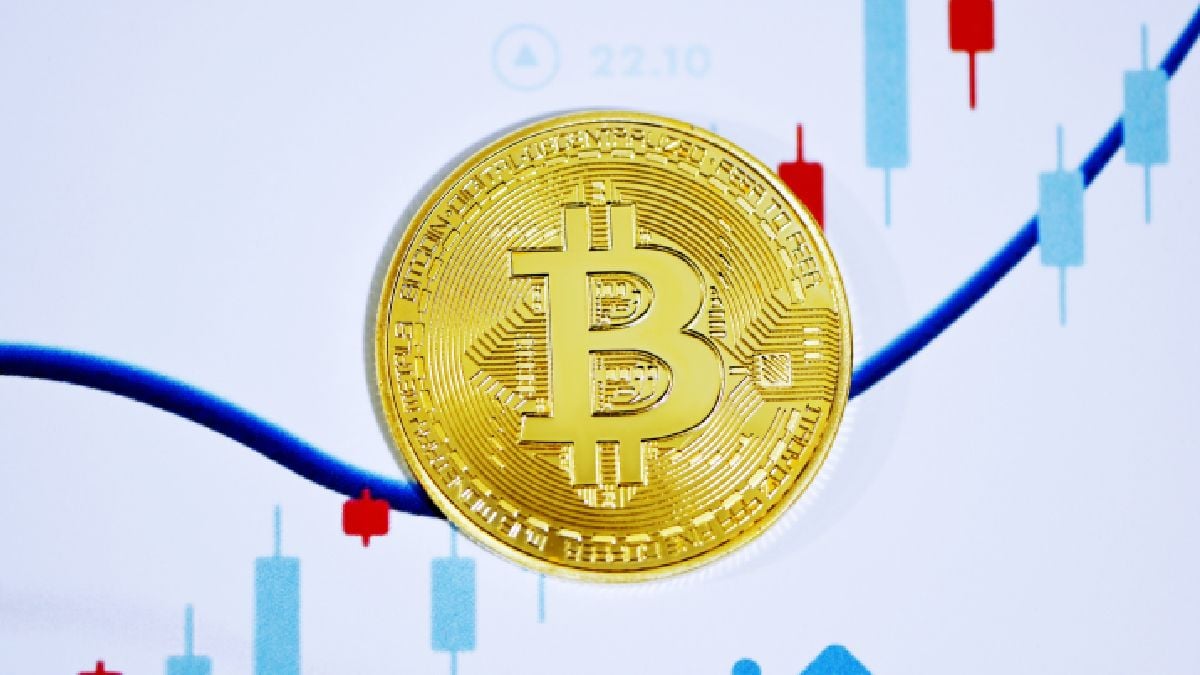
Argentinean officials are in dialogue with their counterparts from El Salvador to gain a deeper understanding on strategies and experiences in adopting Bitcoin. Last week, senior leadership of the Argentinian National Securities Commission (CNV) met with El Salvador’s National Digital Assets Commission (CNAD) to assess the impact of adopting Bitcoin on the economy over the past few years. El Salvador became the first country in the world to adopt Bitcoin as legal tender alongside the US dollar in September 2021.
Argentina Could be Planning to Capitalise on the Growing Value of Bitcoin
As part of their meeting with CNAD’s Juan Reyes, Argentina’s Roberto Silva and Patricia Boedo noted that the crypto ecosystem has seen a global expansion in the last few years. The meeting saw officials from both the nations exchange ideas and concepts around the use of Bitcoin, the world’s most widely used cryptocurrency.
“El Salvador has emerged as one of the leading countries in the use of Bitcoin. We want to strengthen ties with the Republic of El Salvador and therefore, we are going to explore the possibility of signing collaboration agreements with them,” Silva, the President of the Argentinian National Securities Commission said in a released notice.
With a gross domestic product (GDP) of approximately $640 billion, Argentina is one of the largest economies in Latin America, as per WorldBank. However, a recent Reuters report states that in March this year, the Argentinian economy recorded a year-on-year drop of 8.4 percent.
From consumer spending to sales numbers, several parameters of Argentina’s economy are reported strained under market pressure. In addition, Argentina is also ridden with debt and reportedly owes $45 million (roughly Rs. 370 crore) to the International Monetary Fund.
This economic instability, along with the reliance on the US dollar, which has seen ups and downs in recent months because of interest rate hikes, could be some of the reasons why the country is now looking to Bitcoin.
“It seems essential to me to continue strengthening ties with a Republic that is a pioneer in the subject, and that has vast experience in the subject,” Patricia Boedo, Vice President of Argentina’s CNV noted.
Argentina previously signed a deal with the International Monetary Fund (IMF) agreeing to discourage the use of cryptocurrencies in prevention of money laundering and informality. This deal finalised in March 2022, was extended to Argentina by the IMF after the debt-ridden nation asked for restructuring of its debt repayment plan.
El Salvador’s Experience with Bitcoin
Under President Nayib Bukele, El Salvador claims it has made notable strides in the Bitcoin ecosystem. From harnessing renewable energy resources to fuel Bitcoin mining to approving the Bitcoin Bonds Bill, El Salvador has stuck with its commitment to use BTC as a payment and financial tool.
In April 2023, El Salvador had reportedly recorded a 17.8 percent drop in BTC-based remittances. As of May 14, the Salvadoran treasury reportedly held 5,748 BTC tokens amounting to over $393 million (roughly Rs. 3,272 crore).
In April this year, the IMF instructed El Salvador to change its policies around Bitcoin in order to receive aid worth $1.4 billion (roughly Rs. 11,645 crore) that it needs to expedite public debt payments and other financial obligations. El Salvador did not address the issue publicly, but continues to show support for the cryptocurrency.


